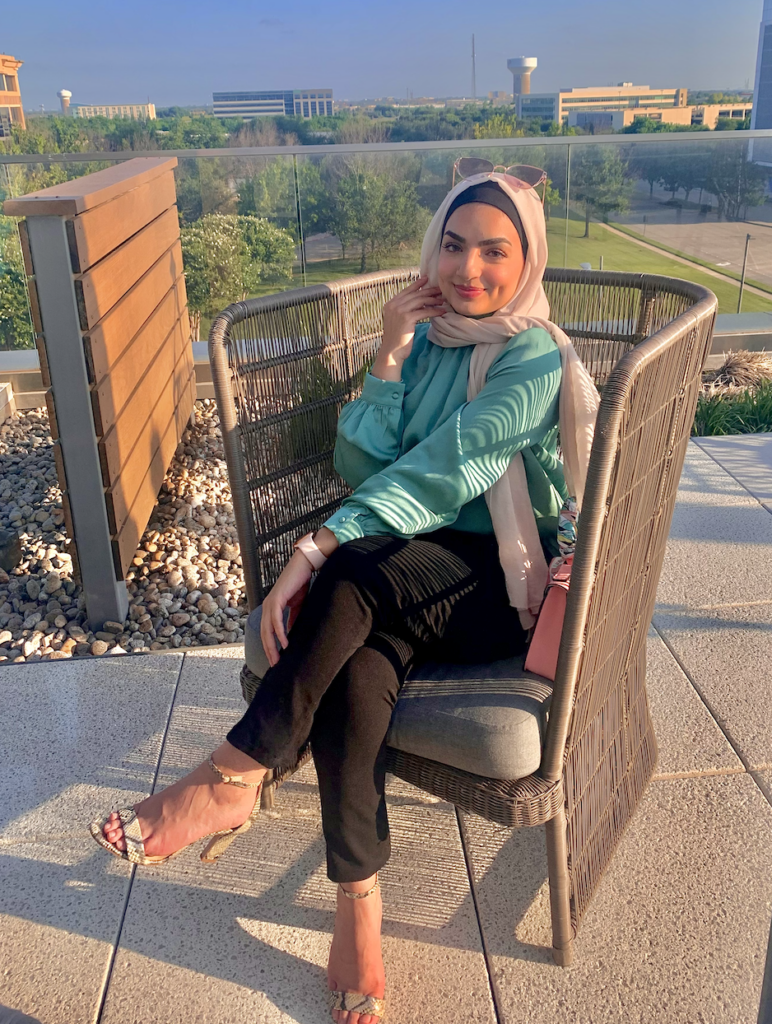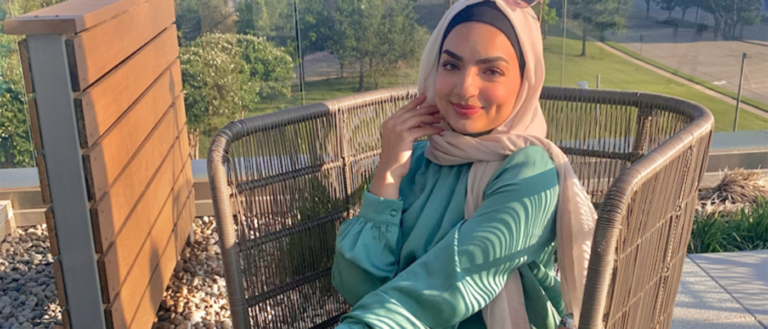April is Arab American Heritage Month, a time to celebrate the rich culture and contributions of the diverse population of Arab Americans in the United States. It’s the second year that the month has been formally recognized by the federal government. To recognize the occasion, The Daily is putting a spotlight on members of the university community who identify as Arab American.
As a student coordinator in Case Western Reserve University’s Office of Multicultural Affairs , Haneen Abdel-Nabi strives to ensure minority students never feel excluded on campus. For her, the mission feels personal—she’s an Arab American and appreciates the importance of feeling welcome.

Abdel-Nabi said many Arab Americans can relate to the feeling of being torn between two cultures, not feeling “at home” here in the U.S—but also having the same feeling when visiting their home country.
“Some find it difficult to relate to anyone except those who also identify as Arab Americans,” she added.
Abdel-Nabi was born and raised in Cleveland, but her family has roots in the Middle East. Her family is originally from Palestine, and both of her parents were raised in Amman, Jordan. Shortly after high school, her father immigrated to the United States for better education and career opportunities.
Growing up, Abdel-Nabi was well aware of how much her family valued hospitality, frequently hosting friends and loved ones with extravagant dinners featuring hummus, kabse (an orange rice with peas, carrots and chicken), ma’louba (a rice dish with chicken and vegetables that’s made to flip when ready)—and many lavish desserts to follow.
As she reflects on her origins and shares her culture with the university community this month, she invites people to learn more about Arab Americans and overcome any misconceptions they might have. For example, she said people typically assume all Arabs are Muslim, or all Muslims are Arab—however, only 20% of all Muslims are Arab, while 97% of Arabs are Muslim.
To learn more about Arab American heritage, Abdel-Nabi encourages people to stop by the Office of Multicultural Affairs this month, which is located in Sears Building Room 409. There, students will be able to learn about the Middle East North Africa region, Arab Americans, languages and more through an interactive display.
At home at CWRU
Though she’s struggled to find her place in certain contexts, Abdel-Nabi chose to study at Case Western Reserve because it “felt like home” every time she visited.
A third-year sociology major who’s minoring in Arabic, childhood studies and psychology, she has a deep curiosity about how societies function and how they shape individuals, especially during child development. Abdel-Nabi is specifically interested in mental health, notably when it comes to minority communities and children and adolescents.
“Growing up, mental health was typically not prioritized which led to other consequences among many people I loved and cared about,” Abdel-Nabi explained. “I think it’s important for all societies to normalize mental health across various ages and genders.”
Also at Case Western Reserve, Abdel-Nabi is the vice president of the Middle Eastern Cultural Association; public relations chair for the Muslim Student Association; and a research fellow at the Schubert Center for Child Studies. She hopes to pursue a master’s in social work from the Jack, Joseph and Morton Mandel School of Applied Social Sciences, and eventually, a doctorate of psychology.

